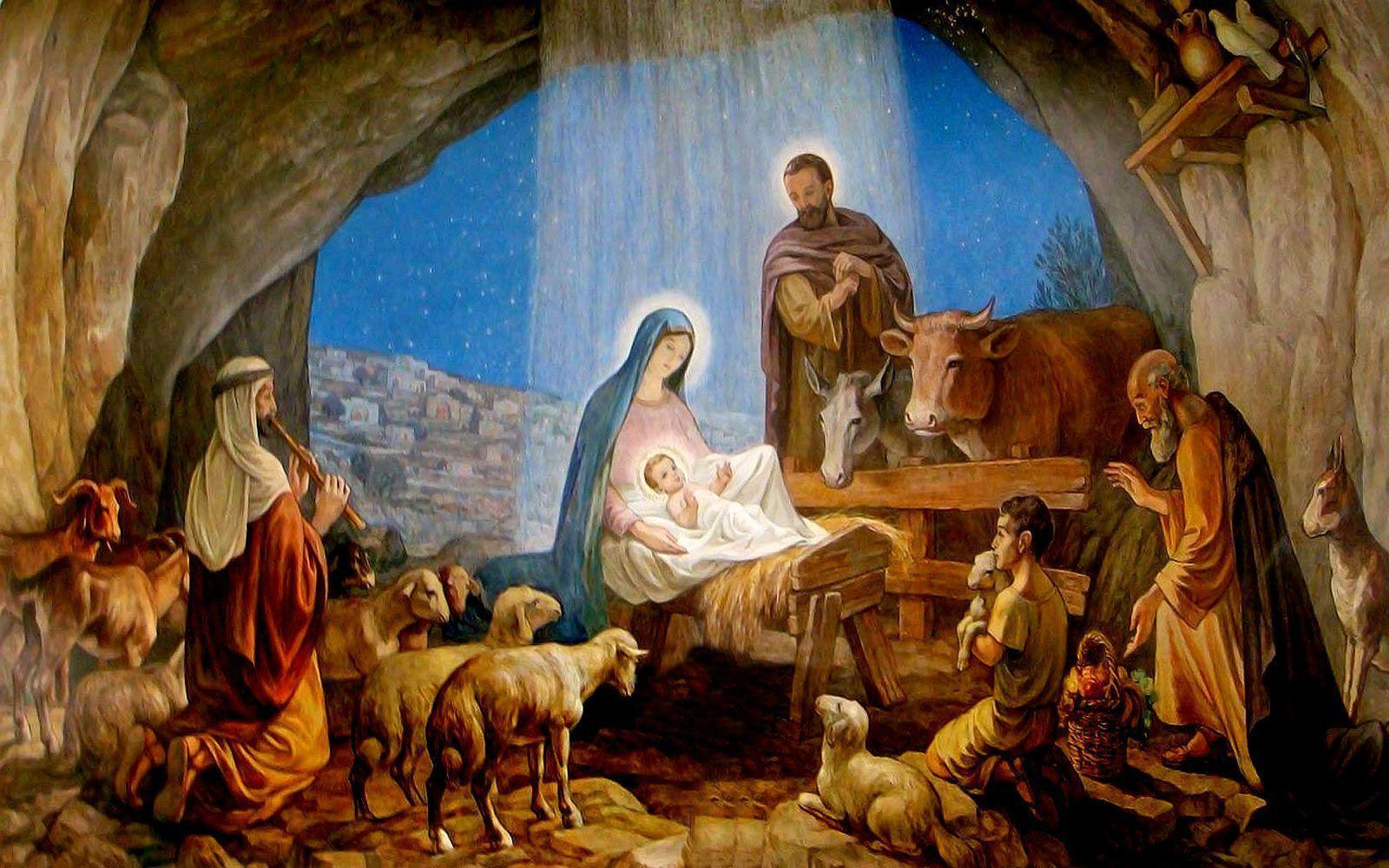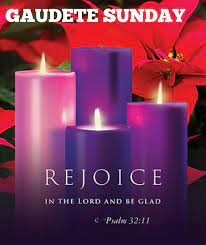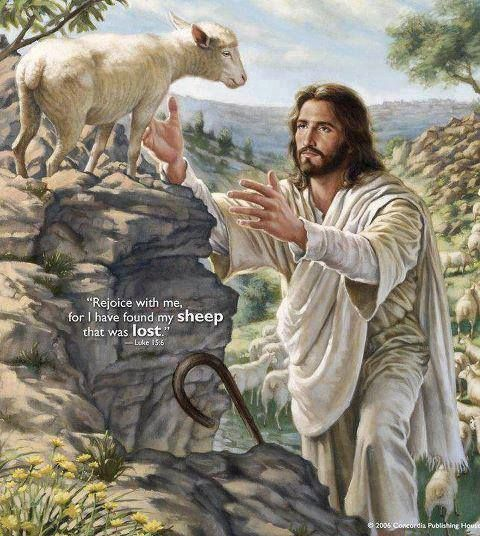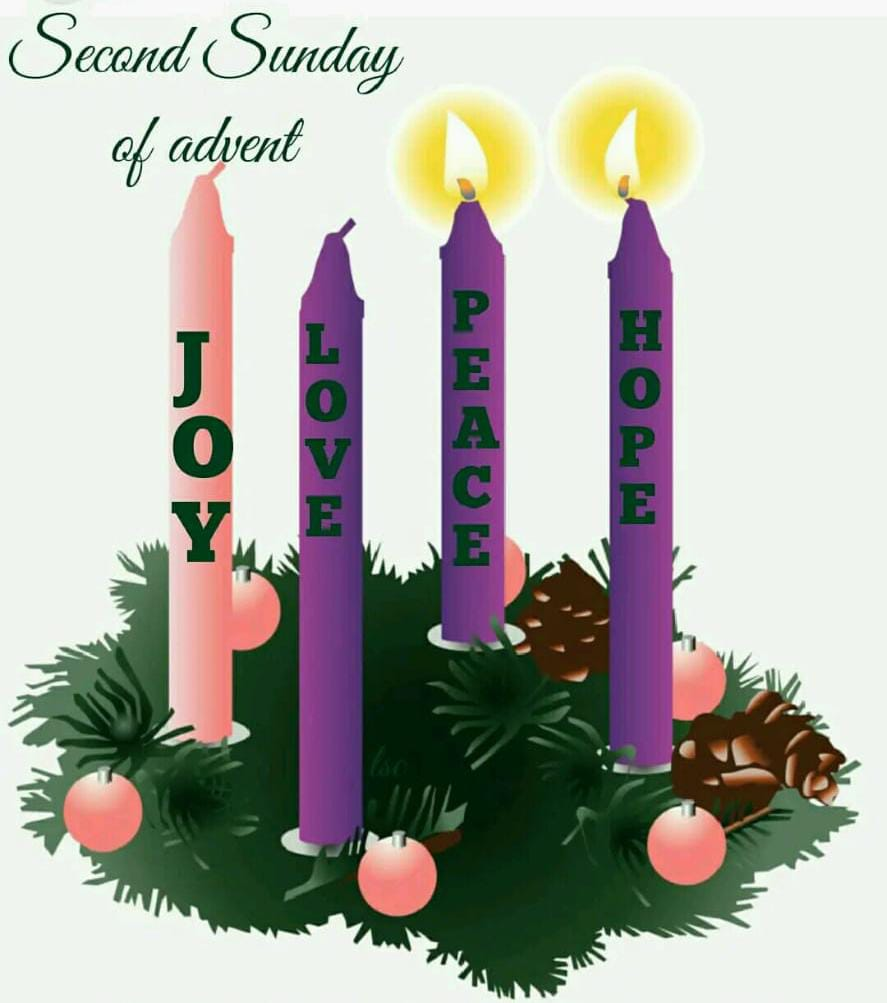The Nativity of Jesus celebrates God’s dwelling among men; “the Word became flesh and dwells among us” (Jn 1:14). This is an important mystery of faith that has become a way of life for believers, since the dynamics displayed in this mystery is our regular expression through faith. In the Baby Jesus, the spirit and flesh have a common abode in a ‘hypostatic union.’ Thus, human weakness has encountered the divine strength of God; nature now mingles with grace. The angel said to Mary, “He will be great and will be called the Son of the Most High” (Lk 1:32). But at Christmas, He was born in the lowly manger (Lk 2:7). Light has come into darkness (Is 9:2).
The genealogy of Jesus Christ shows how human history has
become the history of ‘God among us.’ This brings sanctification and deeper
meaning to human life and relationships. The persons and events surrounding the
birth of Jesus testify to the transforming grace that comes when man opens up
to God, who dwells among us. St. Joseph, the common carpenter, became the great
guardian of the Holy Family. The Virgin Mary, the lowly handmaid, was exalted
as the Mother of God. The little town of Bethlehem became a kingly city. Think
about the poor shepherds in the open cold night, who heard the angelic song,
saying, “Glory to God in the highest, and peace to people of good will” (Lk 2:8-14).
The message they heard warmed their hearts with joy and courage. See how the
simple manger became a beautiful bed for the baby Jesus!
It is obvious that whatever the joy of Christmas touches,
it transforms. This is the mystery of ‘God among us’, which evokes the
spiritual joy that rekindles hope. With great humility and simplicity, the real
message of Christmas pierces through the colorful celebrations and touches our
hearts in silence. In our meditation, we see this spiritual joy silently
radiating on the faces of all who came to pay homage to the Baby Jesus in the
manger. This transforming spiritual joy of Christmas assures us that a new life
in Christ is possible (Eph 4:24; 2 Cor 5:17). As we welcome Baby Jesus in our
celebration this Christmas, we lift up our hearts to live out the mystery of ‘God
among us’, so that we can testify to the transforming power of His presence.
Amen.
Happy Christmas!
Fr Jude Chinwenwa Nwachukwu, C.Ss.R
Saints Peter and Paul Catholic Church,
Tedi-Muwo, Ojo, Lagos.
Sunday December 25, 2022.






